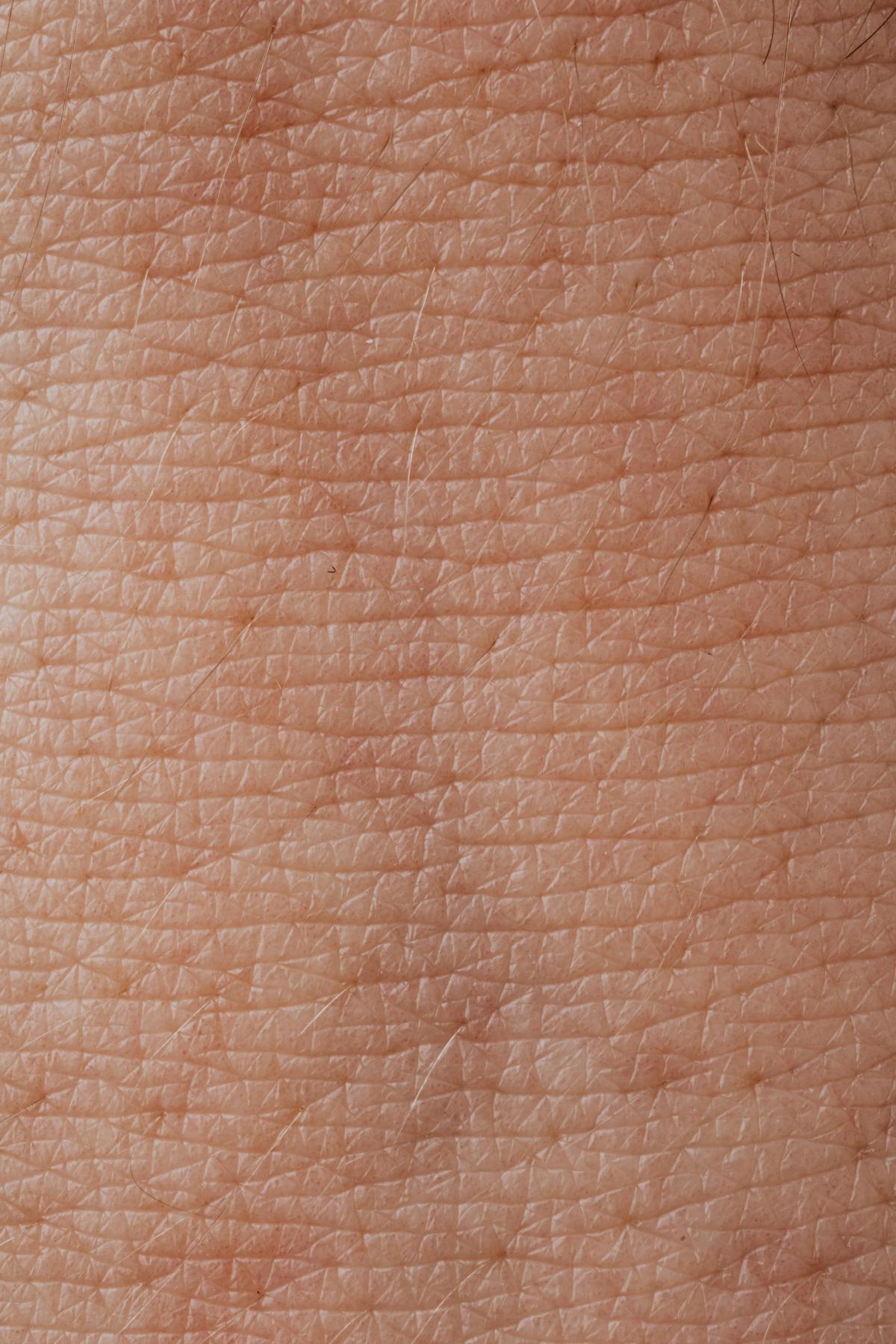Demystifying the Role of Moisturizers in Skin Health: Past, Present and Future
The concept of moisturizing the skin dates back to ancient civilizations. The Egyptians, known for their elaborate beauty rituals, used natural oils and fats to keep their skin moisturized and protected from the harsh desert climate. In Rome and Greece, olive oil was commonly used for the same purpose. The use of moisturizers has evolved considerably since then, but the fundamental principle of maintaining skin hydration remains the same.

Moisturizers have always been an integral part of skincare routines, and their importance has only increased with the advent of modern dermatology. Today, moisturizers constitute a thriving market, with a projected global worth of over $13 billion by 2024.
Understanding the Science behind Moisturizers
Moisturizers work by creating a barrier on the skin’s surface, preventing the natural moisture from evaporating and locking it in. They also attract moisture from the environment and draw it into the skin. This double-action of sealing in and attracting moisture helps keep the skin hydrated, giving it a healthy, radiant appearance.
The skin’s natural moisturizing factor (NMF) is primarily responsible for maintaining its moisture content. NMF comprises various components, including amino acids, urea, and lactic acid, which collectively help retain water within the skin’s layers. However, factors like aging, environmental stressors, and underlying skin conditions can deplete NMF. Moisturizers help replenish and support these natural hydration mechanisms, thereby promoting skin health.
The Evolution of Moisturizers: Embracing Diversity
As skin science progressed, moisturizers evolved to accommodate different skin types, concerns, and lifestyle needs. From basic emollients, the skincare industry has progressed to produce advanced formulations with targeted benefits. The current generation of moisturizers includes humectants that attract water, occlusives that prevent water loss, and emollients that smooth the skin.
Today, we have moisturizers with added sun protection, anti-aging ingredients, and skin-nourishing vitamins. Moisturizers for sensitive skin, acne-prone skin, and skin with specific conditions like rosacea or eczema have also been developed. This diversity has made moisturizers more accessible and effective, catering to a broader range of skin needs and preferences.
The Role of Moisturizers in Dermatological Therapies
Moisturizers have a significant role to play in managing several skin conditions. Dermatologists often recommend using moisturizers as an adjunct therapy for conditions like eczema, psoriasis, and atopic dermatitis. Regular use of moisturizers can help repair the skin’s barrier function, reduce symptoms, and prolong periods between flare-ups.
In the case of acne, a common misconception is that moisturizers can exacerbate the condition. However, many acne treatments can dry out the skin, disrupting its natural balance. Using a non-comedogenic moisturizer can help restore this balance, prevent excessive oil production, and aid in the healing process.
The Future of Moisturizers: Innovation and Personalization
The future of moisturizers looks promising, with innovation and personalization at the forefront. With advancements in technology, skincare companies are now able to analyze an individual’s skin at a molecular level. This has paved the way for personalized skincare, wherein moisturizers will be custom-formulated to meet an individual’s unique skin needs.
Moreover, the growing awareness about the impact of ingredients on both skin health and the environment is leading to a rise in demand for natural and clean beauty products. As a result, the future might see more moisturizers with plant-based, eco-friendly ingredients.
In conclusion, moisturizers are more than just a skincare staple. They are a testament to the progress in understanding skin health, a response to diverse skin needs, a crucial element in managing skin conditions, and an exciting area for future innovation. As we continue to learn more about our skin and its needs, moisturizers will undoubtedly continue to evolve, reflecting these insights and advancements.




